PRODUCTIVITY BARRIERS
In the workplace, adults with ADHD may be perceived as unreliable or unmotivated, due to a pattern of forgetfulness, being late for work meetings and deadlines, and cognitive disorganization. Although adults with ADHD may have plenty of creative and inspiring ideas, their thoughts are often short-lived and may be eclipsed by new thoughts within seconds. Furthermore, they often appear as needy and unprofessional, due to frequently asking for instructions to be repeated or deadlines to be extended. These “productivity barriers” are all part of the daily struggles of those with Adult ADHD, which has been correlated with genetics, trauma, and chronic life stressors. Those with Adult ADHD are more likely to struggle within workplace environments which require the timely completion of unvarying or repetitive tasks, strict deadlines to be met consistently, and an emphasis on detail-oriented tasks. Within the workplace, adults with ADHD tend to be easily stressed and overwhelmed by even simple work tasks and feel a sense of “holding on by a thread.” Research on the ADHD brain has consistently shown that trying to focus on several different tasks at once can negatively affect performance, particularly when those tasks are cognitively demanding. Moreover, the ADHD brain’s executive functioning skills, such as organization, sustained attention, and goal-setting, are specifically connected to how we process and manage emotions. Therefore, those with Adult ADHD are at risk for developing a co-occurring anxiety or mood disorder. These “productivity barriers” also tend to create a high level of anxiety about being terminated from one’s job and about one’s ability to reach career goals.

THE PENDULUM BETWEEN UNFOCUSED AND HYPERFOCUSED
Adults with ADHD can relate to these thoughts: “Wait, what was I just doing?” and “What should I do now?” The ADHD brain has a very difficult time juggling multiple pieces of information long enough to evaluate them, decide which are critical, and then make the appropriate decisions. If you have Adult ADHD, you may miss important details or mindlessly agree to something that you don’t remember later. This pattern is exhausting and embarrassing in the work environment. Procrastination is another common problem for those with Adult ADHD, because the brain’s ability to focus refuses to cooperate until the adrenaline (and stress) finally push one’s executive functioning skills into crisis mode. Adults with ADHD can improve focus by planning out their day beforehand, breaking complex tasks into more manageable chunks, building movement into the workday, and taking frequent short breaks.
Although Adult ADHD is often characterized by distraction, many people find that they are able to focus intensely for certain time periods, particularly if the task at hand is of great interest to them. When interested in an activity, those with Adult ADHD may hyperfocus and accomplish significant work or academic goals. However, this hyperfocus often comes at a cost, because you may forget about or procrastinate some essential tasks which are not currently included within the hyperfocus vortex! During a period of hyperfocus, you may be more productive or able to work much more efficiently than usual. While hyperfocus can be difficult to predict, some with Adult ADHD find that they are able to deliberately harness it during certain instances, by turning a boring task into a game or by rewarding themselves for completing each smaller chunk of a larger project.
COMMUNICATION SKILLS: ZONING OUT VERSUS BLURTING OUT
If you have Adult ADHD, you may zone out during conversations or may also get ideas mixed up when speaking to your colleagues or supervisor and then fear being terminated. Due to your impulsivity, you may blurt out unfiltered thoughts and feelings, which can cause hurt feelings or negative reactions in others. As an adult with ADHD, you may feel “out-of-place” in social situations, due to your tendency to interrupt others or to become very confused during even superficial conversations. You also may have great difficulty processing and remembering information necessary for completing daily tasks or interacting with friends and colleagues. You may lose track of your train of thought, have a tough time summarizing what happened at a meeting, or zone out during important work conversations. Your lack of focus and poor listening skills create a “fugue” throughout the day. You may often behave inappropriately, due to your brain’s racing thoughts. Plus, if you are overwhelmed by big feelings and stimulation in a social situation, you may say or do something impulsively without recalling what you did previously which had worked. In sum, you experience the world in a way that others don’t easily understand, and this inner world cannot be easily communicated to others.

SELF-DOUBTING THOUGHT PATTERNS
Adults with ADHD tend to experience self-doubting thought patterns, resulting from the belief that one’s thoughts or actions are “wrong” or “inadequate.” Self-doubt comes from the concern that your appearance or actions in a given moment are socially unacceptable or breaking with a social norm. You live your life in fear and confusion, as if you are always keeping your head barely above water. Your self-esteem diminishes when you are unable to control the mental distractions which interfere with interactions at work, school, and with family members or other significant people. The negative reactions of your peers can cause you to feel ashamed and insecure. You are likely to distrust others, to fear new situations, and to put up emotional walls in order to prevent embarrassment or rejection.

TREATMENT OPTIONS
Learning how to think and to behave differently with an ADHD brain is certainly not an easy task, thus a medication regimen is often the desired course of action prior to working on coping strategies. Dialectical Behavior Therapy (DBT) has been very successful in treating this disorder. This approach uses four main strategies. First, mindfulness training techniques help the person to devote undistracted time toward becoming more fully aware of the fearful thoughts related to the anxiety reactions. You can learn to replace the patterns of self-defeating inner talk with more functional and empowering statements, such as, “If I can sit at my desk, then I can open up a Word Doc,” or “If I open up a Word Doc, then I will type at least 5 sentences to save on this document.” Putting your intended actions into this structure is a powerful motivator.
You can also improve your focus by writing a detailed and time-framed list each day. Secondly, distress tolerance skills can help you to withstand the negative emotions and other aversive reactions to social situations, such as physical discomfort. Third, emotion regulation skills enable you to acknowledge the triggering situations and related emotions, so that effective behavioral coping skills can replace the previous anxiety. Finally, interpersonal effectiveness skills are practiced during therapy sessions, and the therapist guides and supports the Adult ADHD client in implementing these skills in one’s daily life. The cognitive and behavioral changes are certainly not easy to maintain when faced with stressful demands, but the key is to remember that the ADHD life path is a process and that you can be a warrior, rather than a victim.


